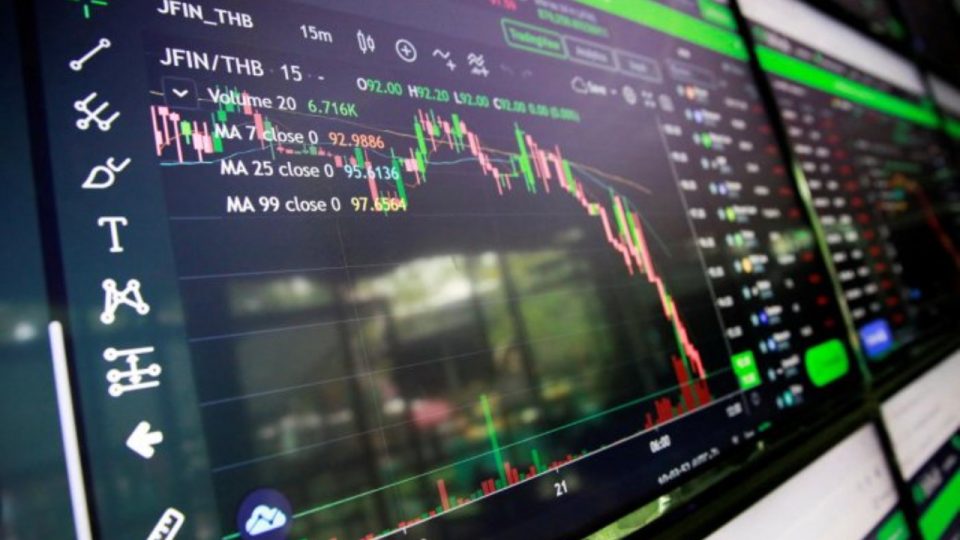Asian shares fell on Wednesday as investors failed to find any cheer in strong US economic data and instead considered what that might mean for a hawkish Federal Reserve, with a surging dollar weighing heavily on regional currencies.
MSCI’s broadest index of Asia-Pacific shares outside Japan fell 1.5% in early trade, following losses on Wall Street, while Japan’s benchmark Nikkei opened 1.12% lower.
Fixed income markets were under pressure, with the US 10-year Treasury yield rising to 3.365% on Wednesday, its highest since June 16.
Data overnight showed the US services sector rebounded for a second straight month in August on strong growth in orders and employment.
While this reinforces the view that the economy is not in recession, it also adds to expectations that the Fed will not slow the pace of rate hikes anytime soon.
Australia’s S&P/ASX 200 fell 1.29%. Economic growth accelerated in the year’s second quarter, raising hopes that economic activity can withstand the pressure from sharply rising interest rates and the cost of living.
Hong Kong stocks fell 1.35%, while the main technology index fell 1.9%. China’s benchmark index edged down 0.11% on fears of new COVID-19 restrictions imposed in major mainland cities such as Guiyang after the southwestern city of Chengdu went into full lockdown.
Asian currencies fell against the dollar as US bond yields surged. The yen hit a new 24-year low of 143.57 against the dollar, while the yuan fell 0.25% to 6.96 against the dollar, close to the important psychological threshold of 7.
Chinese authorities have already expressed concern about a sharp devaluation of the yuan. In energy markets, crude oil prices tumbled on weak consumption forecasts. US crude was down 1.22% at $85.8 a barrel, while Brent was at $92, down 1% on the day. Spot gold was down 0.4% at $1,694 an ounce.







